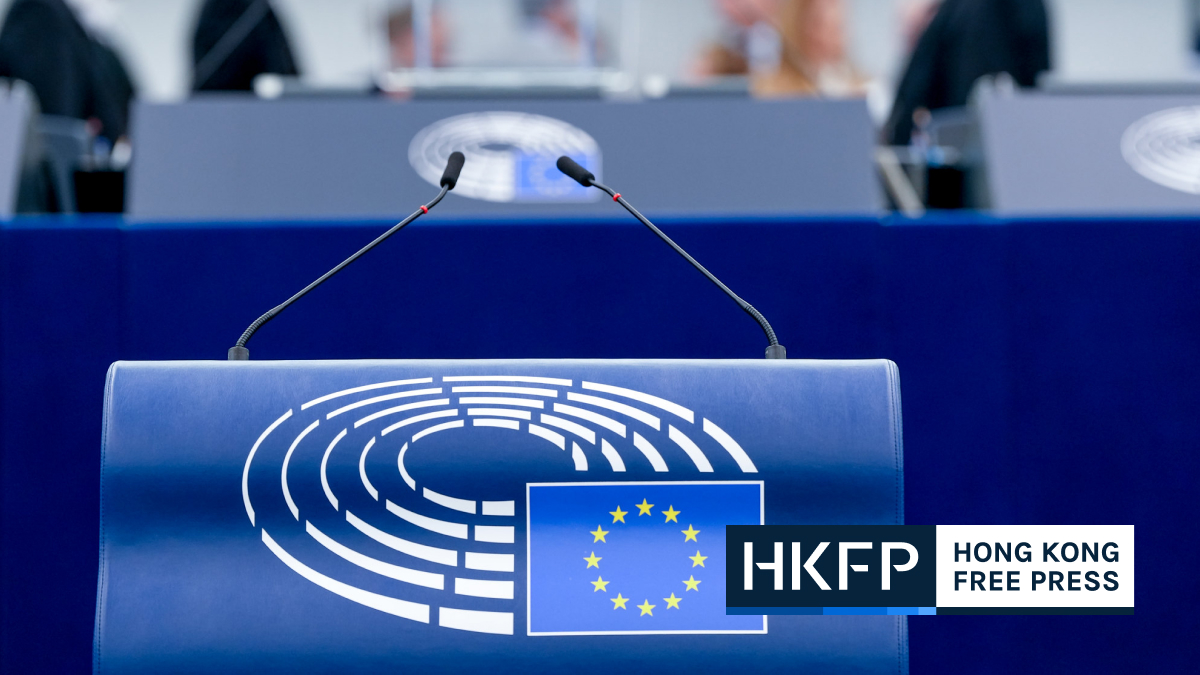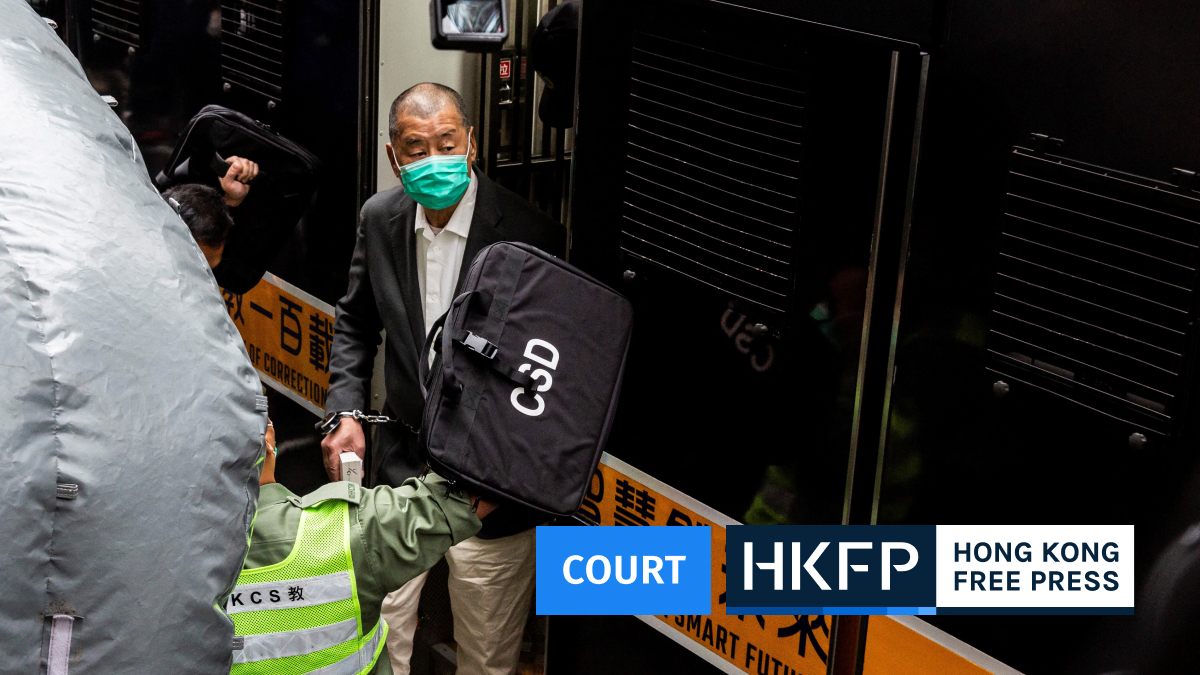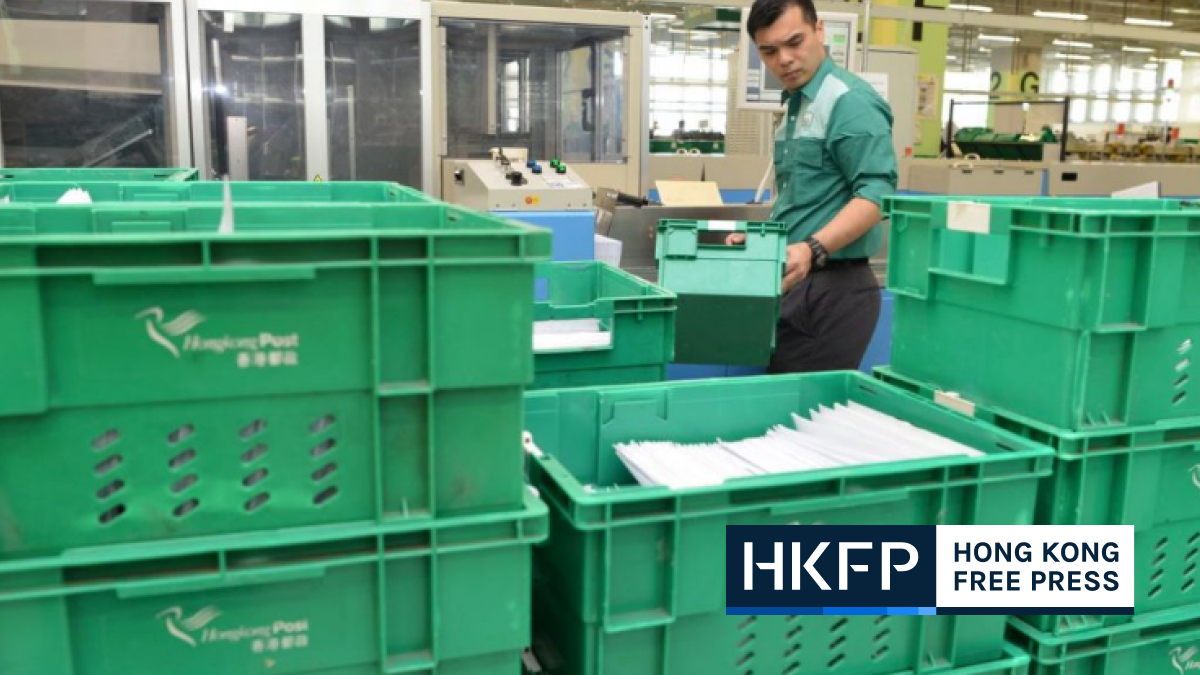A Hong Kong protester jailed for nearly six years for inciting secession by chanting slogans has won his appeal against what he saw as an overly severe punishment under the Beijing-imposed national security law.
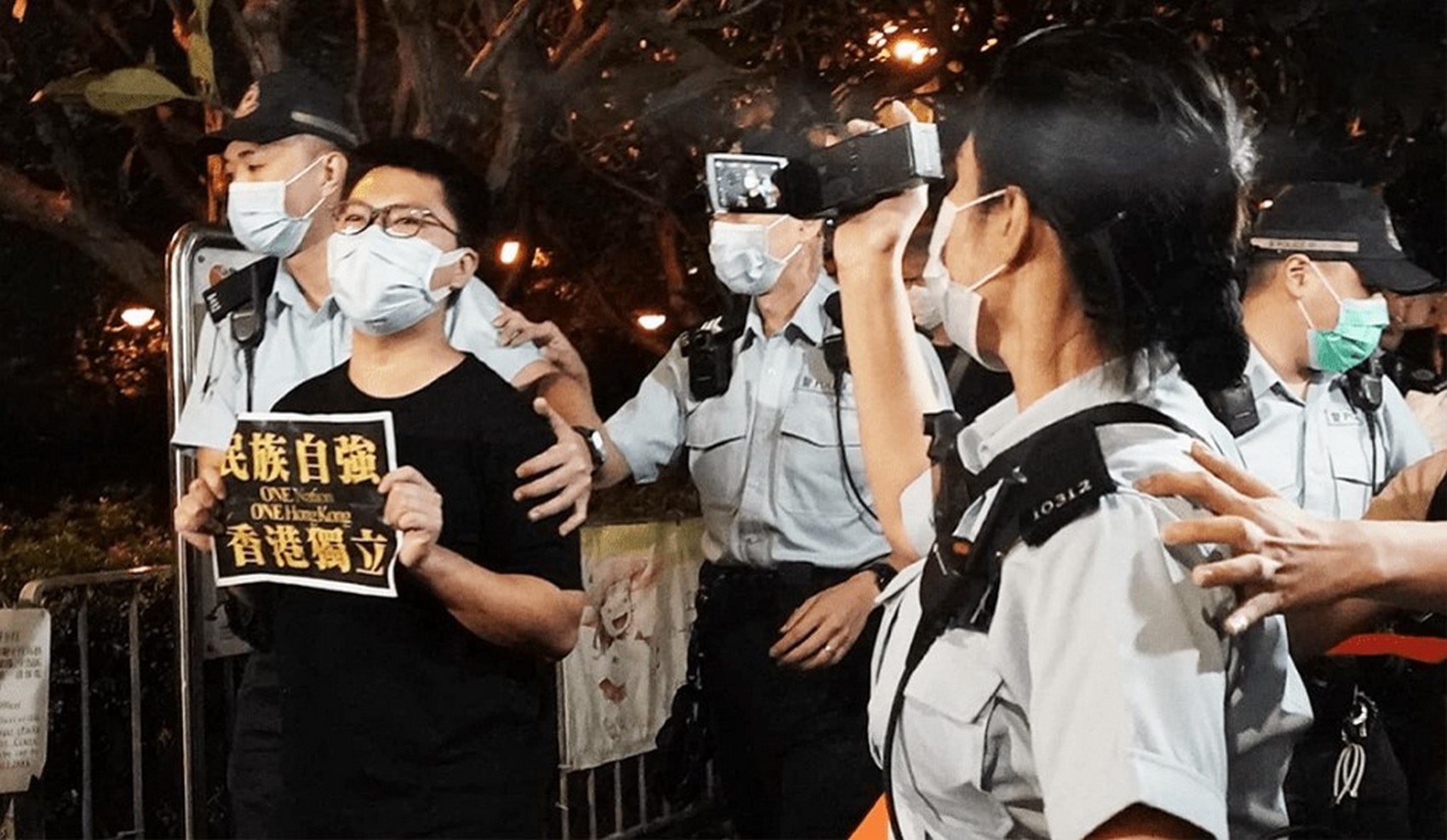
The Court of Appeal on Wednesday ruled in favour of activist Ma Chun-man, who challenged District Judge Stanley Chan’s decision to put him behind bars for five years and nine months after he was convicted of inciting secession.
Led by Chief Judge of the High Court Jeremy Poon, the three-judge panel agreed with the trial judge that Ma’s case fell within the category of “serious nature” offences under Article 21 of the security law. But the activist’s culpability was “relatively low” within the category, the appeal court said, meaning the appropriate starting point of his sentence should be five years and three months, closer to the minimum sentence of five years.
After taking into account a discretional discount of three months, the court said the activist’s final sentence should be five years.
“The six-year starting point adopted by the trial judge was manifestly excessive,” Poon said.
Wednesday’s decision marked the first time a national security sentence has been successfully challenged. The first attempt to appeal punishment under the Beijing-enacted legislation came from activist Tong Ying-kit, who was found guilty of inciting secession and committing terrorist acts.

He applied to challenge his conviction and nine-year prison term in November last year, but dropped the appeal in what his former legal representative described as a surprise move in January this year, a little over two months before the original appeal hearing date.
Ma, better known as “Captain America 2.0” for carrying a superhero shield during the 2019 unrest, was found guilty of violating the sweeping security legislation by chanting slogans and making speeches that called for Hong Kong’s independence on at least 20 occasions in person, as well as others on social media, between August and November 2020.
On Wednesday, the appeal panel, which also consisted of Justices of Appeal Anthea Pang and Derek Pang, said Ma’s case was of a “serious nature” because Hong Kong was seeing cases of unlawful assembly when the offence was committed and the risk of endangering national security was high.
Ma “publicly derided” the security law as “fake,” “child’s play” and a “mere ornament,” the court said, and repeatedly told the public that advocating for independence was not illegal. The activist was also said to have picked “sensitive dates and locations” to commit the offence to attract attention and “enhance the effect of his incitement” by “playing on others’ emotions.”
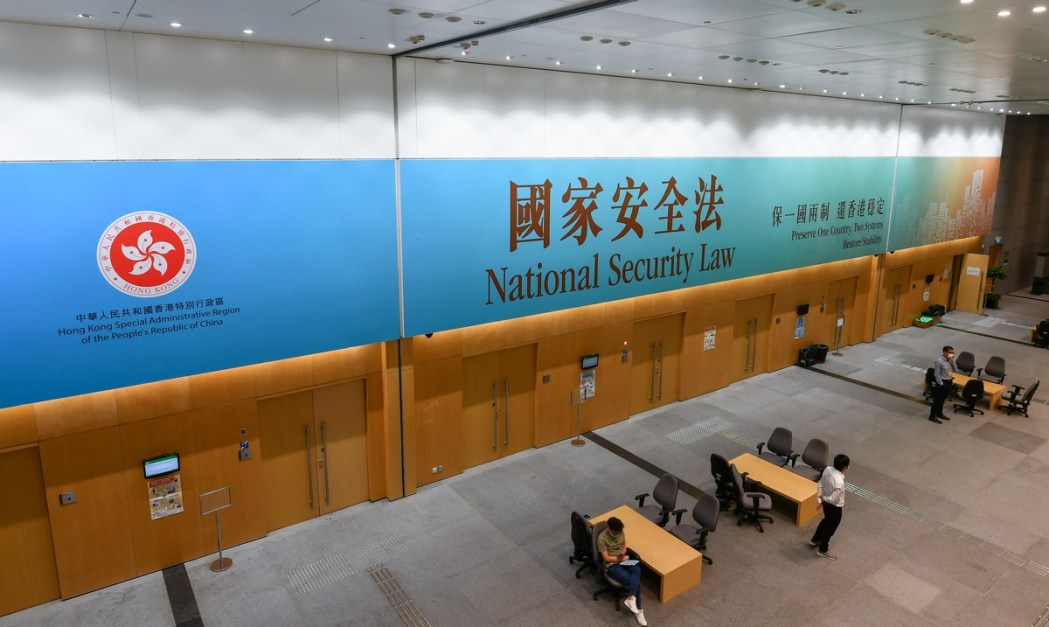
“His actions were thus highly specious, increasing the risk of law breaking by others and seriously challenging the authority of the national security law,” Judge Poon said.
It was “extremely irresponsible” for Ma to target young students and advocate for independence at primary, secondary and higher education institutions, Poon said, adding that the activist’s announcement on social media platforms showed he perpetrated the offence with premeditation. The panel also cited media interviews Ma gave as proof of his “open defiance of the law.”
“Albeit that actual violence or threat of violence were never employed, [Ma] did repeatedly use slogans such as ‘army building’ and ‘armed insurrection.’ The fact that his acts did not involve actual violence or threat would not make the present case a ‘minor’ one,” the appeal court said.
According to Article 21 of the national security law, if the circumstances of an offence were found to be of “a serious nature,” the offender would face a fixed-term imprisonment of no less than five years, but not more than seven years. If the circumstances were found to be of “a minor nature” the offender would face less than five years in prison, short-term detention or “restriction.”
Dressed in a grey sweatshirt, Ma looked calm as Judge Poon announced his reduced sentence. He was represented by Senior Counsel Edwin Choy and barrister Chris Ng in his appeal, although no legal representatives were present when the judgement was handed down on Wednesday.
Support HKFP | Policies & Ethics | Error/typo? | Contact Us | Newsletter | Transparency & Annual Report | Apps
Help safeguard press freedom & keep HKFP free for all readers by supporting our team





















